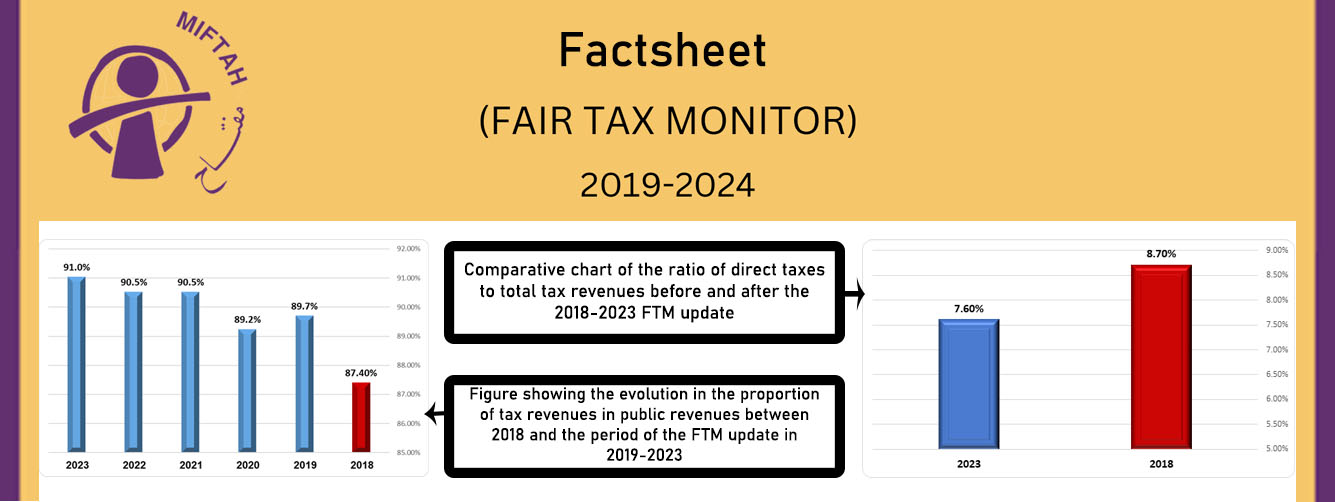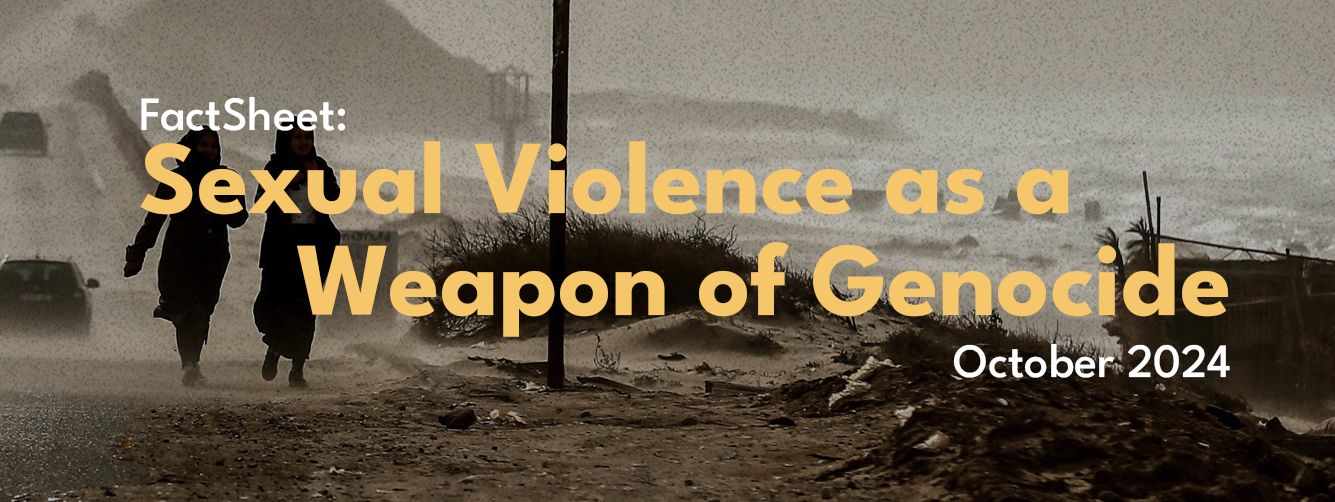- Throughout the extensive struggle for independence, Palestinian women have played a key role over resisting Israeli occupation. As a result, many women experinced suffered various Israeli violations. We are focusing on detention for political reasons.
- Many women detainees were held in solitary confinement, had to give birth in their prison cells, tortured, verbally, emotionally and sexually abused and threatened. Many were held jointly with Israeli criminal prisoners, as well. Palestinian women prisoners have been subjected to extreme brutal and violent conditions, deprived of basic human needs and prisoner's rights, in violation of major international declarations, agreements and principles.
- Since its occupation of the West Bank and Gaza in 1967, Israel has carried out over 600,000 arrests[1]. During the current Intifada, which began on September 28th, 2001, Israeli occupation arrested 1,900 Palestinians; approximately 1,000 of which are still held in custody. Israeli authorities have placed 17 Palestinian detainees under administrative detention[2] in Megiddo prison. The number of Palestinian women detainees is 37 including 16 young girls[3]. These women have been subjected to severe beating by Israeli interrogators. Amna Mona and Sawsan Turki were admitted to Abu Kbir hospital for medical treatment this year as a result of beatings[4].
- Palestinian political prisoners are subjected to egregious torture by the interrogators of the Israeli General Security Services (the Shin Bet). Torture is used routinely and systematically, even in circumstances where there is no evident threat to Israel’s “security.”
- Torture is defined as the “… infliction of pain or suffering, whether physical or mental, for the purpose of obtaining information or confession by a person acting in an official capacity”- The Convention against Torture and Other Cruel, Inhuman or Degrading Treatment of Punishment, which Israel ratified in 1991.
- Torture is perceived under International law as unjustifiable under any and all circumstances. The prohibition of torture applies to the use of any kind of physical or psychological force in interrogations. International law does not provide any conditions or reservations that sanction the use of torture or ill treatment in interrogations.
- More than 100 states, includes Israel, have ratified the Convention Against Torture, which means that they have accepted certain obligations to take effective measures to prevent acts of torture and to ensure the classification of such acts as “an offence” and, thus, punishable under their criminal law. Many national Constitutions, criminal codes, laws and regulations proclaim the prohibition of torture.
- In 1991, Israel ratified the UN International Covenant on Civil and Political Rights of 1966; it remains, however, in breach of Article 7, which states, “ no one shall be subjected to torture, inhuman or degrading treatment or punishment.”
- Israel remains the only state that has legislated for the use of torture. No country other than Israel has “legally” allowed the use of torture in its “security” procedures.
- Israel is in breach of the object and purpose of the Convention against torture. It is also in grave violation of various other international treaties-- including the International Covenant on Civil and Political Rights, the Convention on the Rights of the Child, the Universal Declaration on Human Rights, the Fourth Geneva Convention Relative to the Protection of Civilian Persons in Time of War, the 1945 Charter of the International Military Tribunal at Nuremberg, Regulations annexed to the 1907 Hague Convention (IV), the Standard Minimum Rules for the Treatment of Prisoners, the United Nations Code of Conduct for Law Enforcement Officials, the Principles of Medical Ethics Relevant to the Role of Health Personnel in the Protection of Prisoners and Detainees Against Torture and Other Cruel, Inhuman, or Degrading Punishment, and numerous others.
- Israel is also in breach of section 2(2) of the Convention against torture which stipulates that, “ No exceptional circumstances whatsoever, whether a state of war or a threat of war, internal political instability or any other public emergency, may be invoked as a justification of torture.”
- All confessions obtained under coercion or through the use of torture and ill treatment are inadmissible in any court of law. The way in which information is obtained by Israel from Palestinian detainees is unlawful and in violation of Article 15 of the Convention--since they were obtained by unlawful methods. This information is also often undisclosed and is not passed to the Palestinian National Authority.
Read More...
By: MIFTAH
Date: 20/02/2025
By: MIFTAH
Date: 15/01/2025
By: MIFTAH
Date: 09/10/2024







